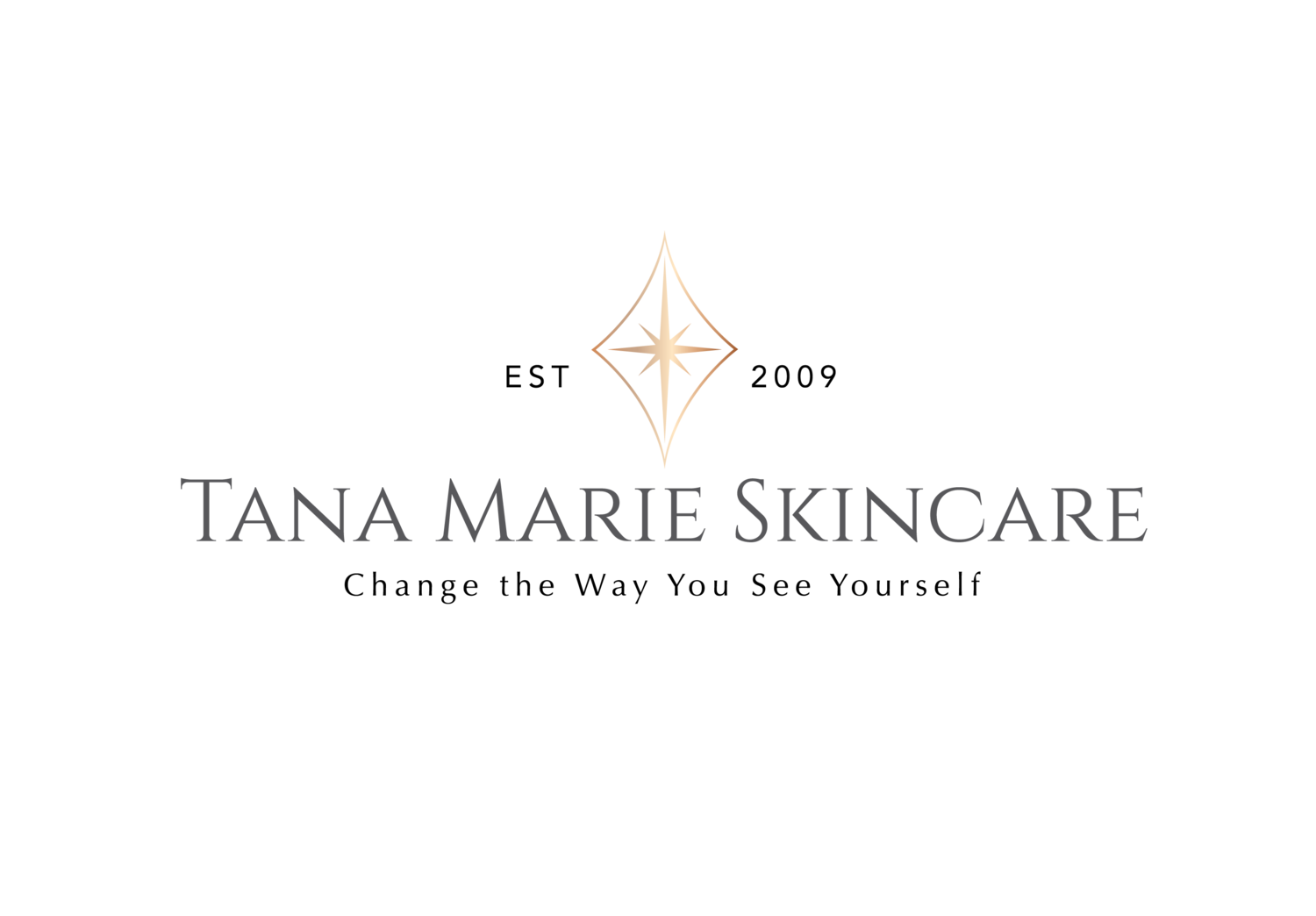Clay in Skincare
Hello Beautiful! Do you remember how good your skin feels when you put on a mud or clay mask and relax for the evening? There’s a reason for that. Clay is one of the most powerful, yet underrated skincare products out there and I’m going to tell you why.
Clay has been recognized to promote healing and is heavily used in the cosmetics industry. Using clay regularly can benefit your skin for both therapeutic and medicinal purposes. Let’s talk about it!
How Clay is Formed
Clay is a soft, loose, earthy material containing small particles. Weathering and erosion of rocks are what forms clay over time. Rocks containing the mineral group feldspar get broken down by water and wind and when they settle, they form clay.
A mineral is a naturally occurring crystalline material that has a specific or limited range of chemical compositions, but clay minerals have a sheet-like structure.
Types of Clay
Bentonite clay: This type of clay comes from volcanic ash that has been combined with water. It is a gray or gray/cream color that draws out toxins and has anti-microbial and anti-inflammatory properties. Referred to as the “healing clay,” it is absorbent and great for oily skin.
Kaolin clay: This clay gets its name from the mineral kaolinite, which is found in tropical rainforest areas. This is a fine-grained clay and ranges in color from white, pink, or green depending on the minerals found in it. The clay yields benefits for dry to normal skin. It can enhance the tone and clarity of your skin.
Green clay: This type of clay is composed of decomposed plants and iron oxides and because of its stronger absorption, it’s perfect for oily skins. The anti-aging properties of this clay come from its great absorbability.
Zeolite clay: This clay is formed from volcanic rocks that react with alkaline. It is a good treatment for oily skin.
Dead sea clay: You probably see this type of clay a lot in different mud masks. It is a fine-textured clay that is known for its healing properties. It’s also mixed with many different types of clays to become even more powerful.
The minerals found in these clays can pull out toxins and reduce impurities in your skin. Clays will replenish the hydration in your skin. You can incorporate clay into your skincare routine by using a mud or clay mask 1-3 times per week.
Using clay as part of your skincare routine will improve your skin’s texture, tone, and hydration. Schedule a consultation with me if you would like to talk more about products that are better for your skin.
XOXO,
Tana Marie
Roses are Red. Rose Water is Pink!
Happy February, Beautiful. Because it’s Bachelor season and Valentine’s Day is coming up, we thought it would only be fitting to tell you all about rosewater. If you have never used rosewater before, but you’re curious to know more, keep reading!
Rosewater has many health benefits for your inner body and skin. It is made by distilling rose petals with steam. Because of it’s natural fragrance, some choose to use it in lieu of perfume. Roses are naturally high in vitamins, antioxidants, and healthy sugars, so the benefits of rose water can range from hydrating your skin to calming your hair’s frizzy attitude. Below are some of the most important benefits for your skin:
Anti-inflammatory: This is one of the greatest benefits of rose water. The anti-inflammatory properties can help soothe the irritation of eczema or rosacea.
Hydration: Well it is water but rose water can give your skin that extra boost of hydration in the morning. In addition, it can help reduce the oiliness of your skin.
Defrizz & Strengthen Hair: Just like rosewater can hydrate your skin, it can hydrate your hair the hydrocarbons in the water help keep hair strong, healthy, and hydrated.
Mood Booster: Yes girl. If you’re feeling down, spritz yourself with some rose water. Research has found links between mood stabilization and rose water. The extracts have light mood-enhancing benefits.
High in Vitamin C: This vitamin aids in blemish treatment, cell recovery, UV protection, skin hydration, and wrinkle prevention.
Anxious to start using rose water in your daily routine? Here’s how you can incorporate it:
Use it as an eye cleanser/soother
Add it to your body lotion
Add it to your conditioner
Makeup remover
Acne treatment, used with lemon juice, but be careful. A little bit of lemon juice goes a long way as it can sting acneic skin, so use sparingly and never apply to open lesions.
You can take advantage of the natural benefits of rose water in your daily skincare routine. Now, you’re an expert in rose water my divine goddesses.
XOXO,
Tana Marie


